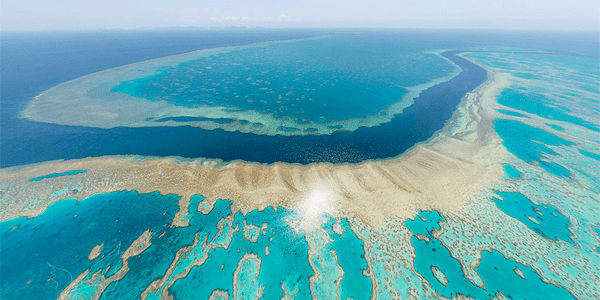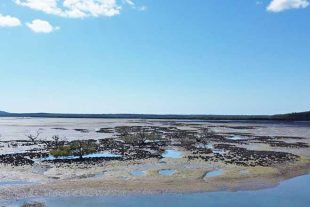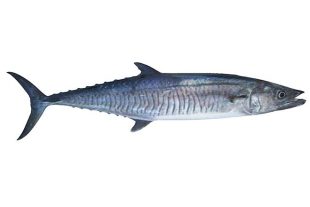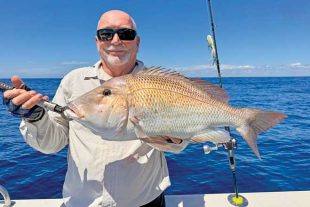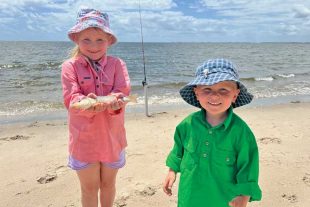TARGETED compliance patrols in high-risk areas of the Great Barrier Reef World Heritage Area have detected a four-fold increase in recreational fishing offences over three years.
In 2014-15, 538 recreational fishing offences were reported, representing the highest annual number recorded. The incidences were among 1161 reported breaches of Commonwealth and state laws in the World Heritage Area for the year, covering a variety of offences. Great Barrier Reef Marine Park Authority general manager of Great Barrier Reef operations Richard Quincey said the vast majority were zoning breaches by recreational fishers.
“About 99 percent of the recreational fishing offences relate to line fishing and spearfishing in protected areas such as green and yellow zones,” Mr Quincey said. “We’ve also seen more fishers intentionally target shipwrecks and shoals in green zones at night. “In response, we’ve increased our night-time vessel and aircraft patrols of high-risk locations and during high-risk periods, resulting in multiple detections of illegal fishing activity. “We’re also looking into more advanced night vision equipment for patrol officers and vessels.”
Recreational fishing offences during 2014-15 included:
• Townsville-Whitsunday region: 181 line fishing offences and 21 spearfishing offences;
• Mackay-Capricorn region: 152 line fishing offences;
• Cairns-Cooktown region: 114 line fishing offences and 40 spearfishing offences.
In addition, court prosecutions of commercial fishers during the 12-month period resulted in fines totalling $57,000. Mr Quincey said most fishers support strong compliance efforts because they understand the importance of keeping their fisheries sustainable for the future.
“Research into the effectiveness of zoning shows there are more and bigger reef fish such as coral trout in green zones than areas open to fishing,” he said. “When these fish breed, offspring are carried by currents into areas open to fishing, helping to replenish stocks. “Commercial and recreational fishers who intentionally target green zones are letting down those who follow the rules – even a relatively small amount of illegal fishing can have serious ecological impacts.”
During 2014-15, GBRMPA continued to step up its enforcement options against illegal fishing and issued a three strikes direction against a commercial fisher, banning the offender from fishing in the marine park for two years. The agency also issued its first enforceable direction by banning a commercial fisher from anchoring or operating a vessel at a speed of less than five knots in green zones. Patrols targeting illegal fishing and other activities in the World Heritage area are conducted through a multi-agency program that includes GBRMPA, Queensland Parks and Wildlife Service, Queensland Boating and Fisheries Patrol, Queensland Police and Maritime Border Command.
 Bush ‘n Beach Fishing Magazine Location reports & tips for fishing, boating, camping, kayaking, 4WDing in Queensland and Northern NSW
Bush ‘n Beach Fishing Magazine Location reports & tips for fishing, boating, camping, kayaking, 4WDing in Queensland and Northern NSW

